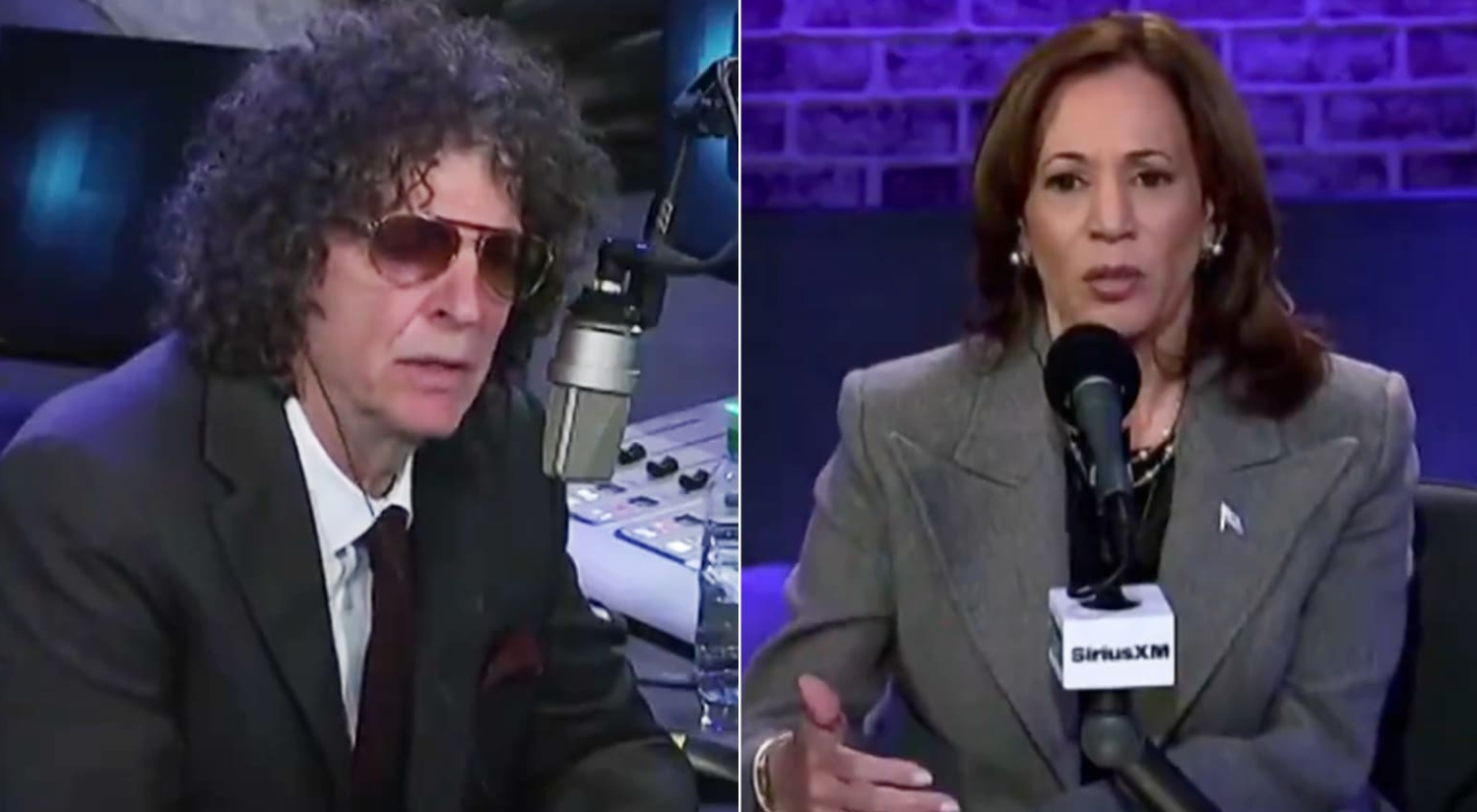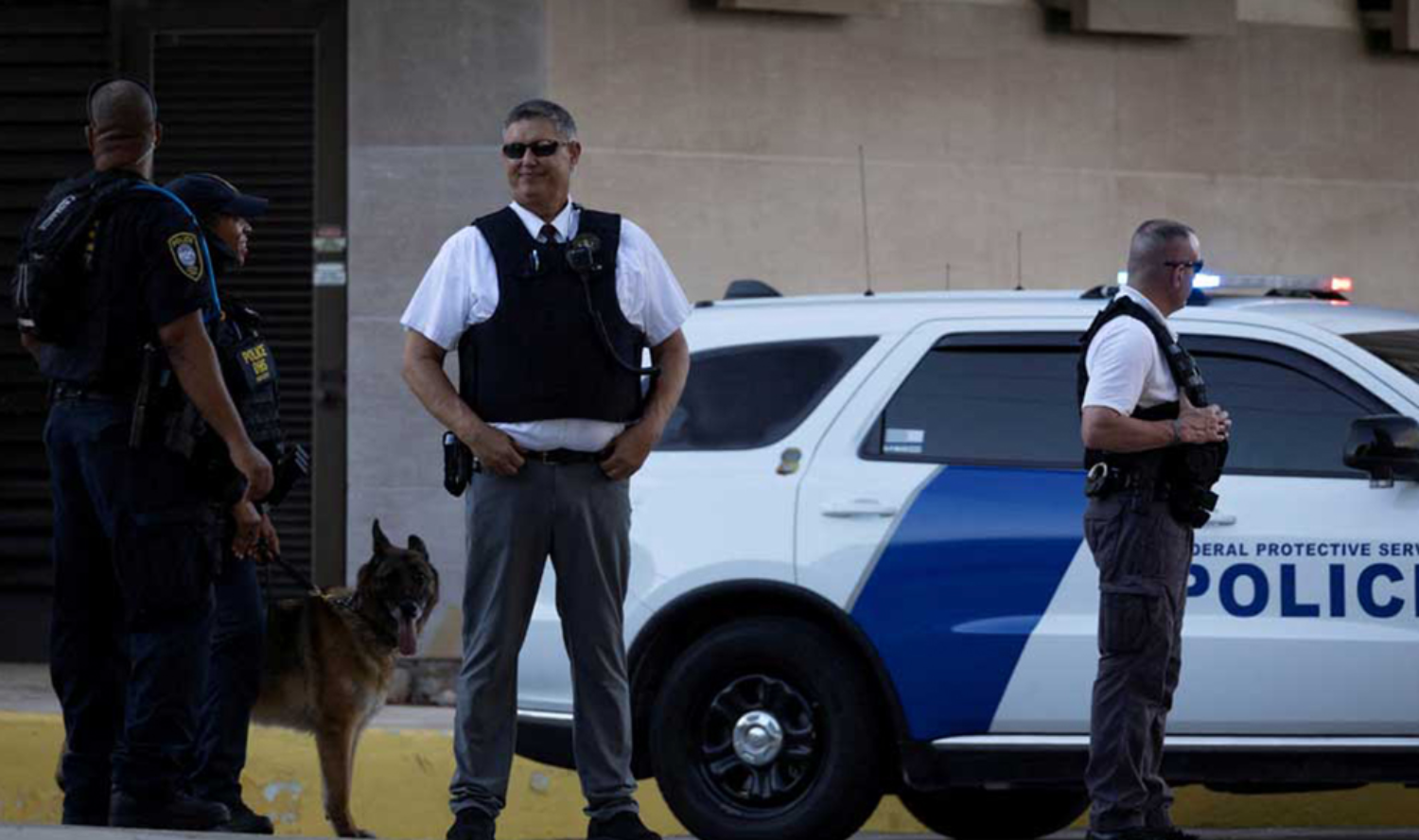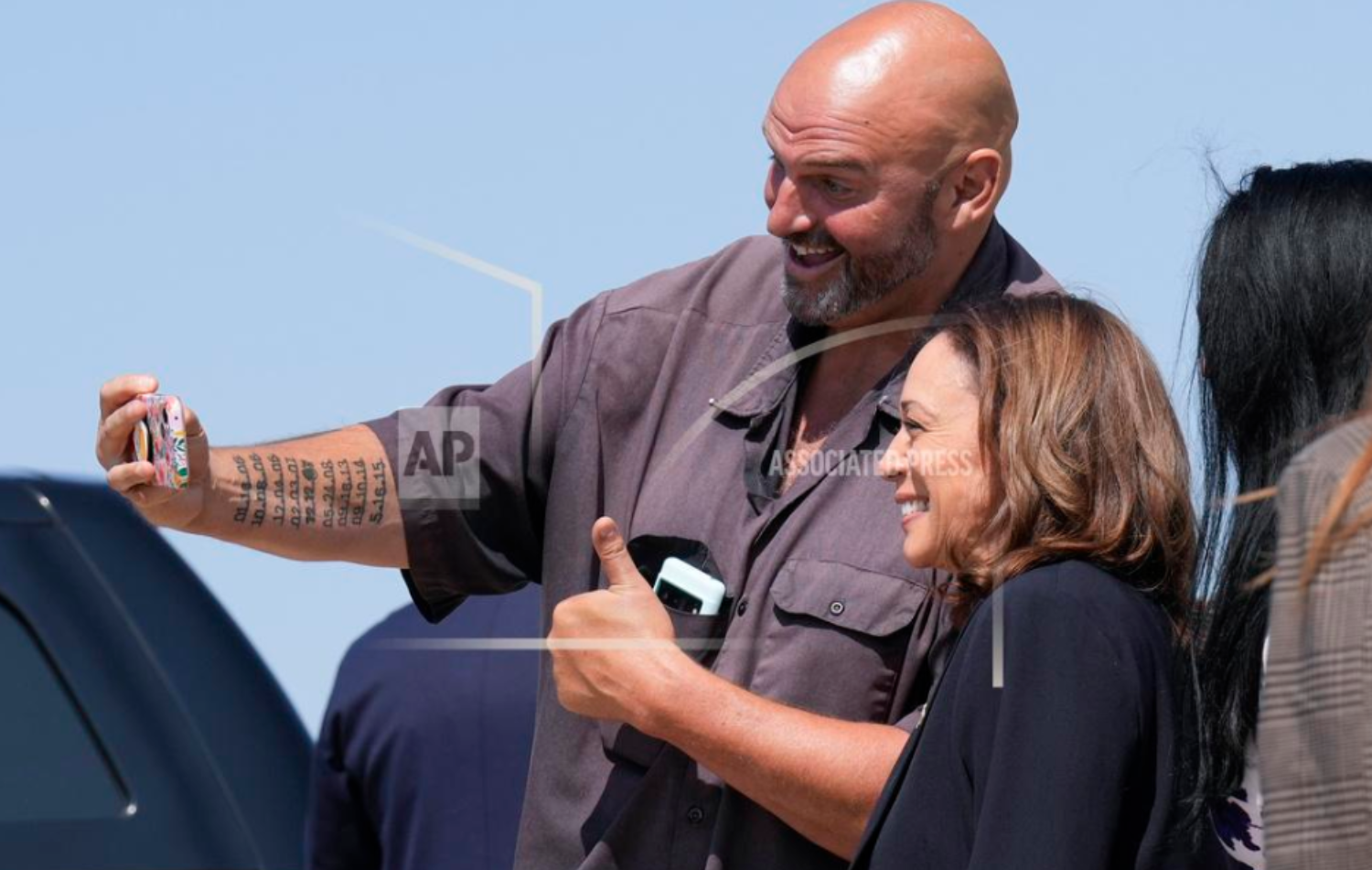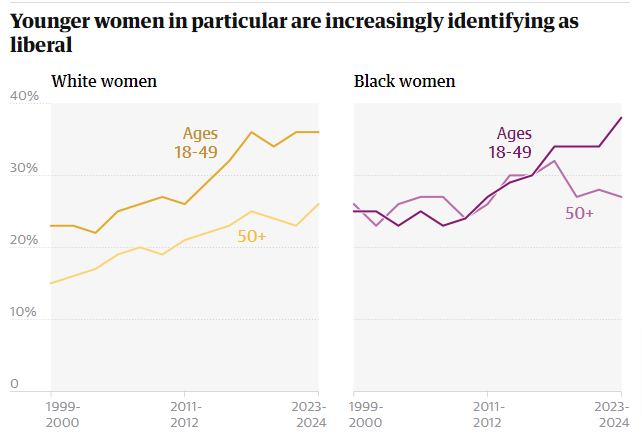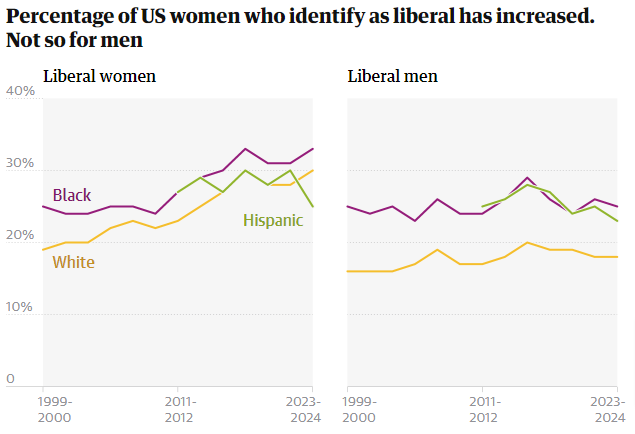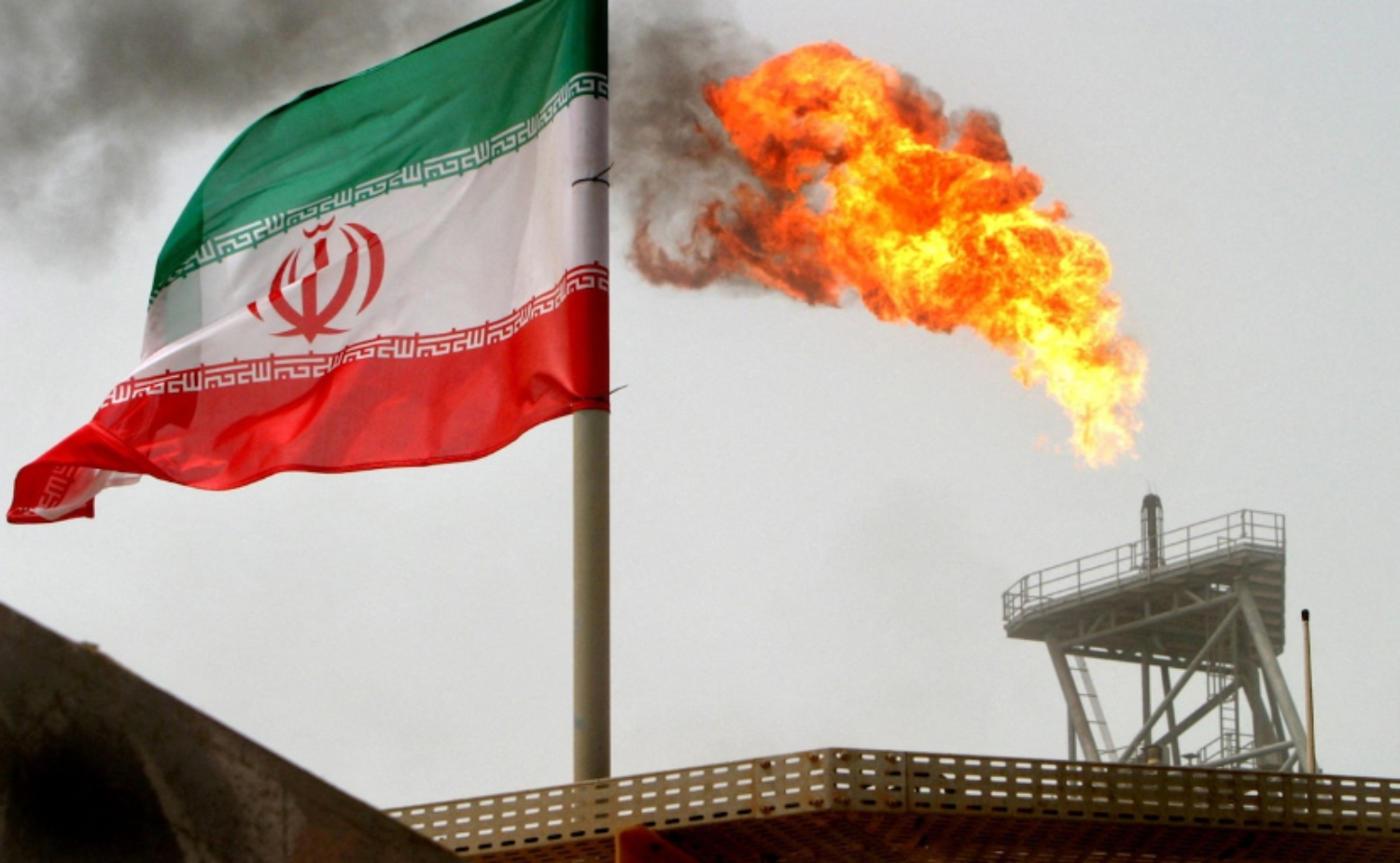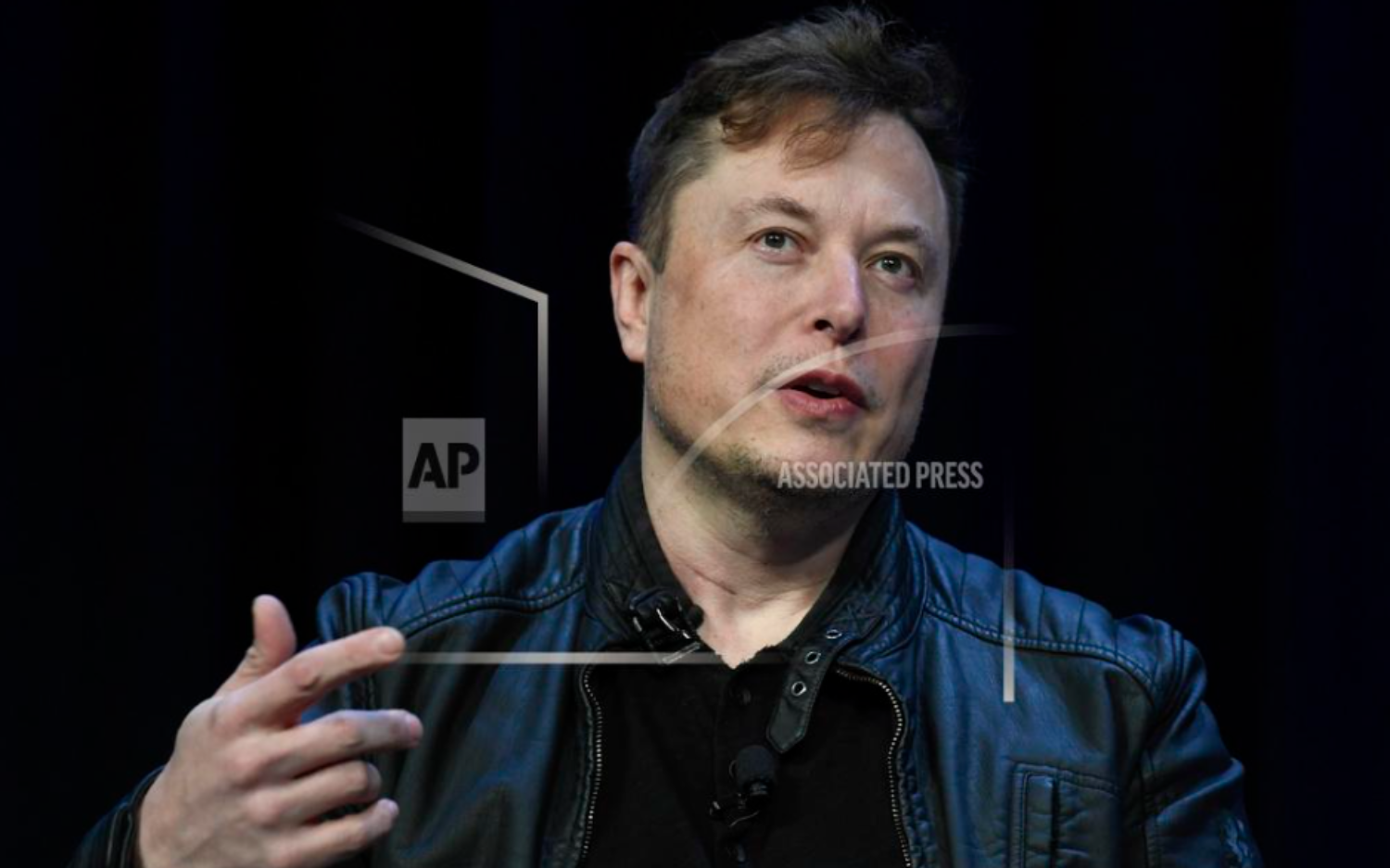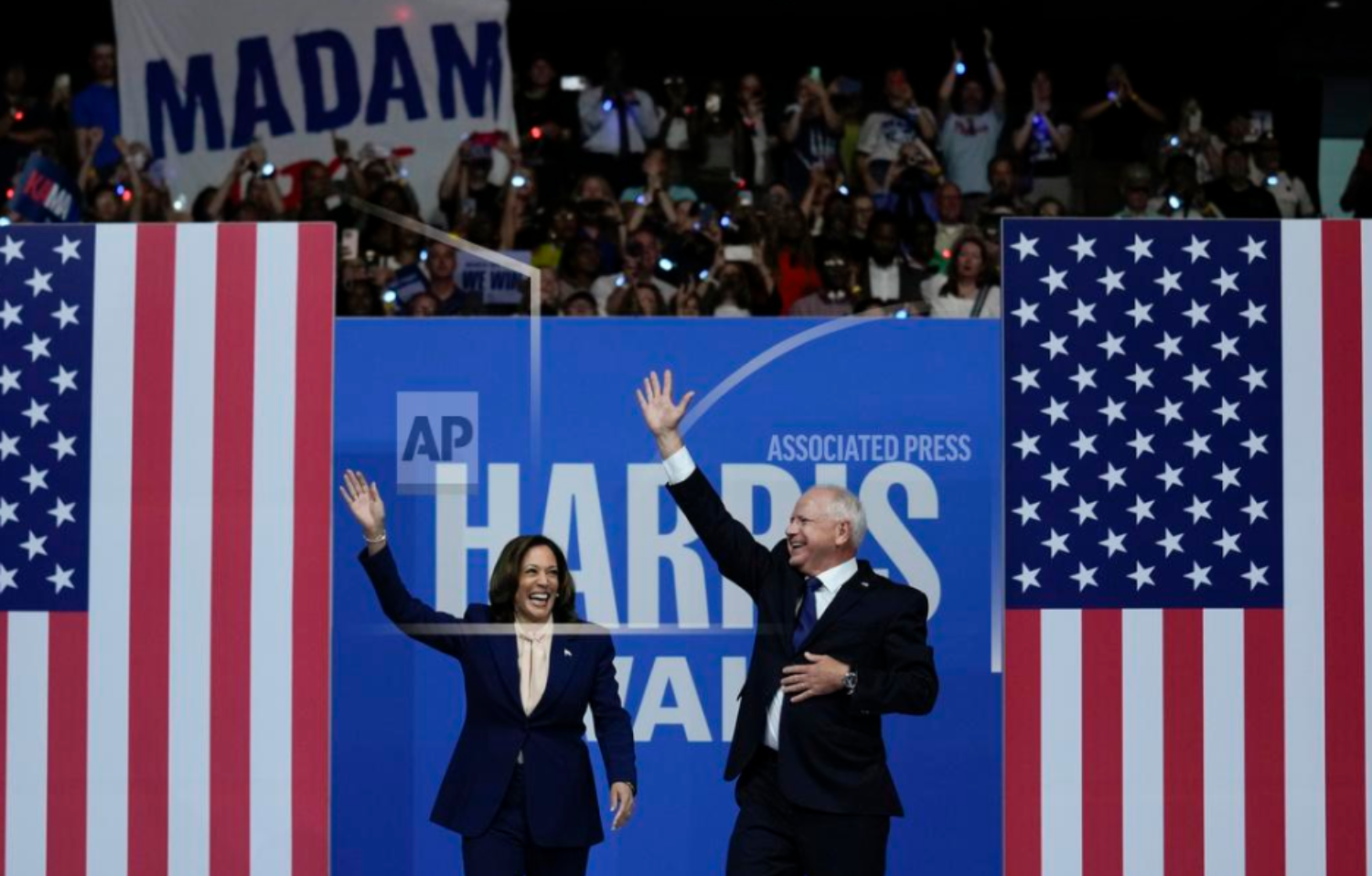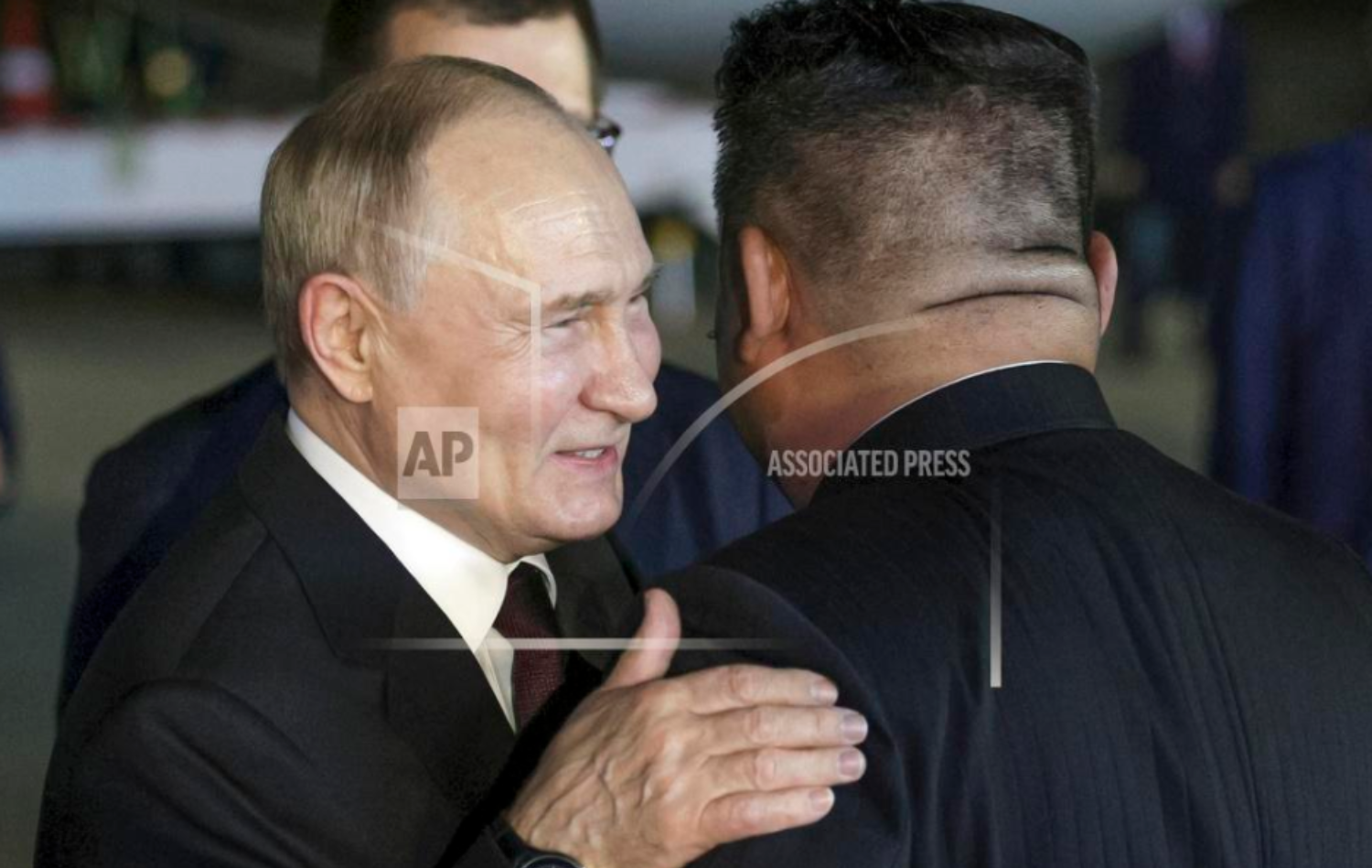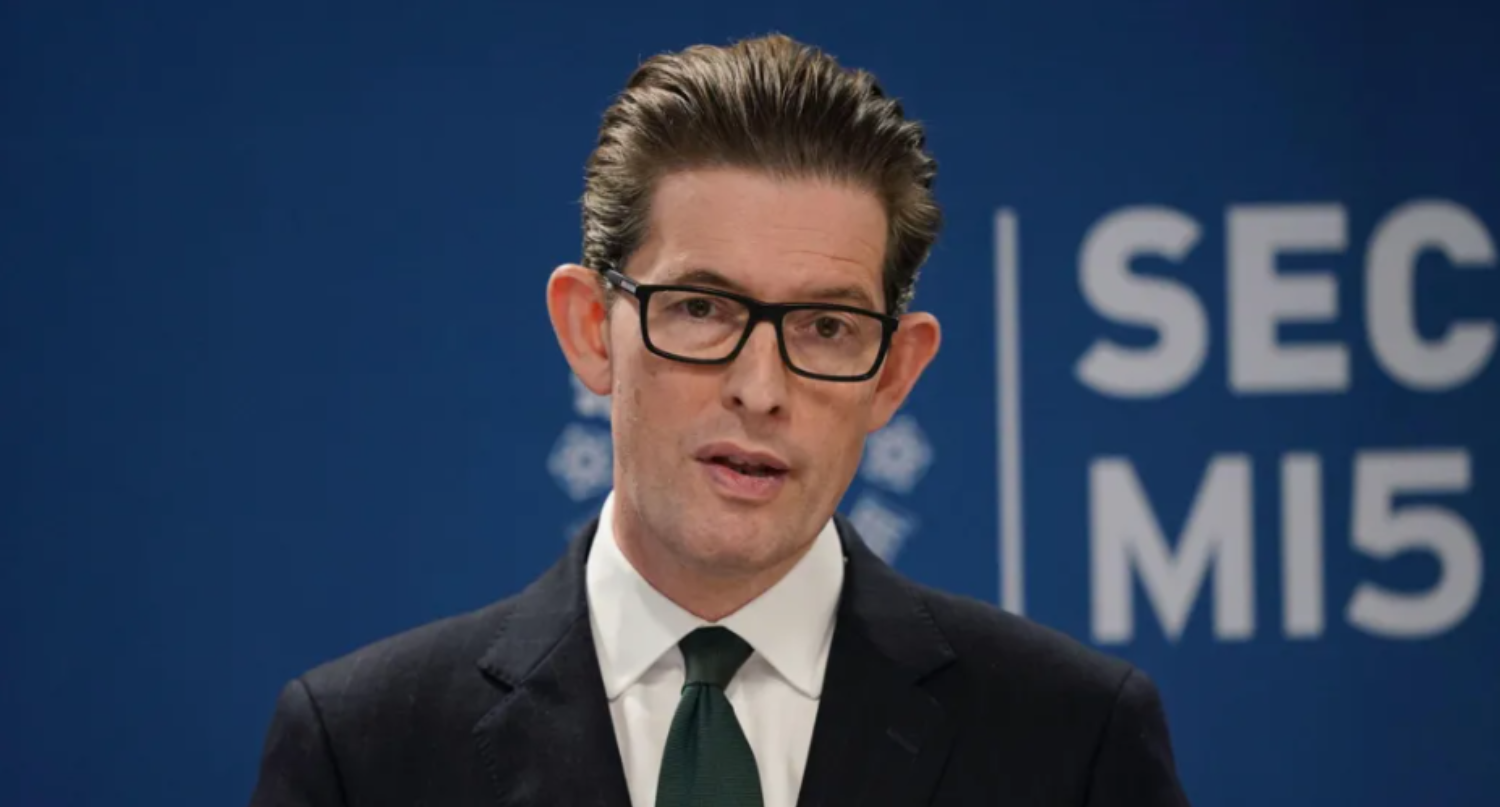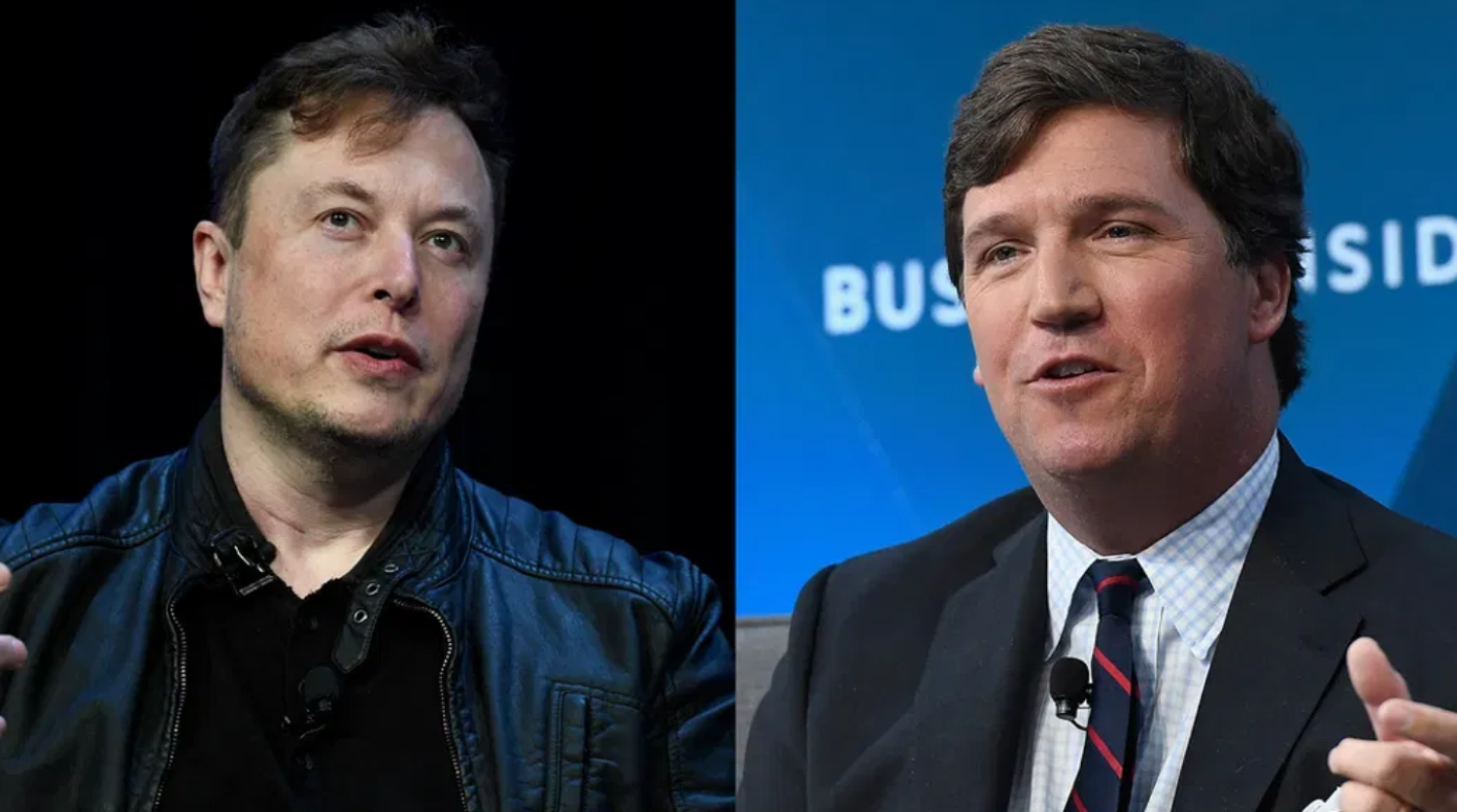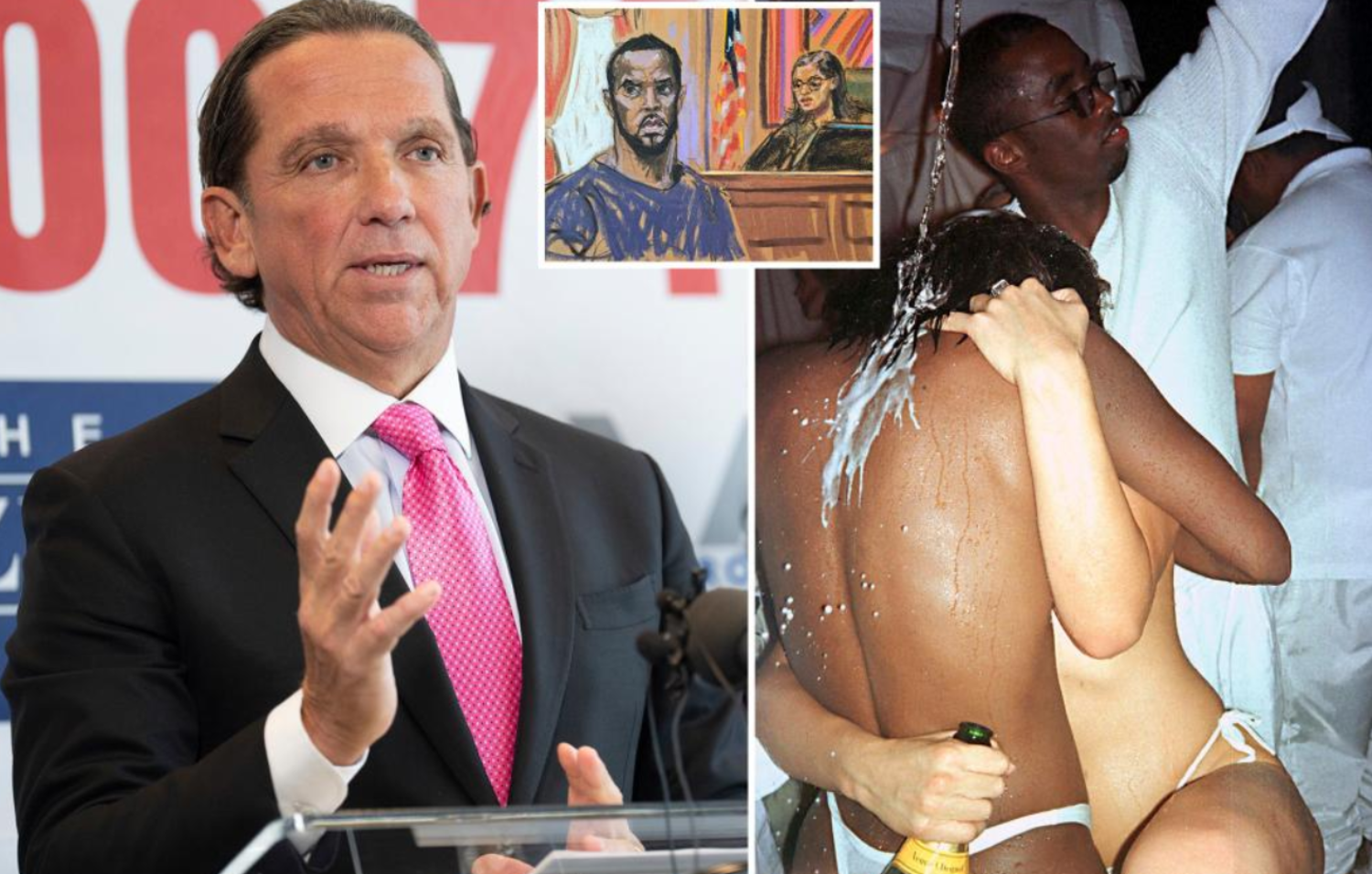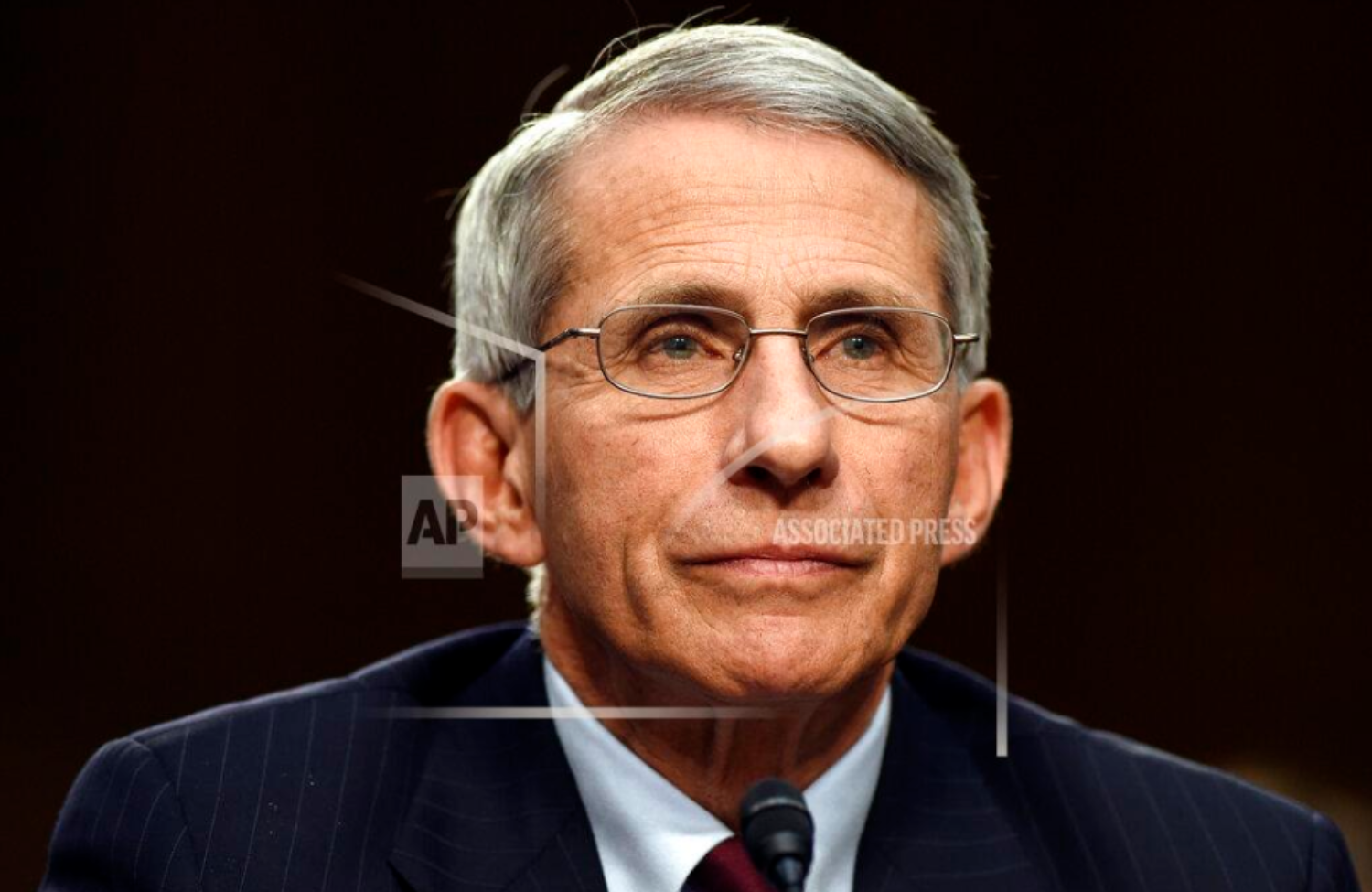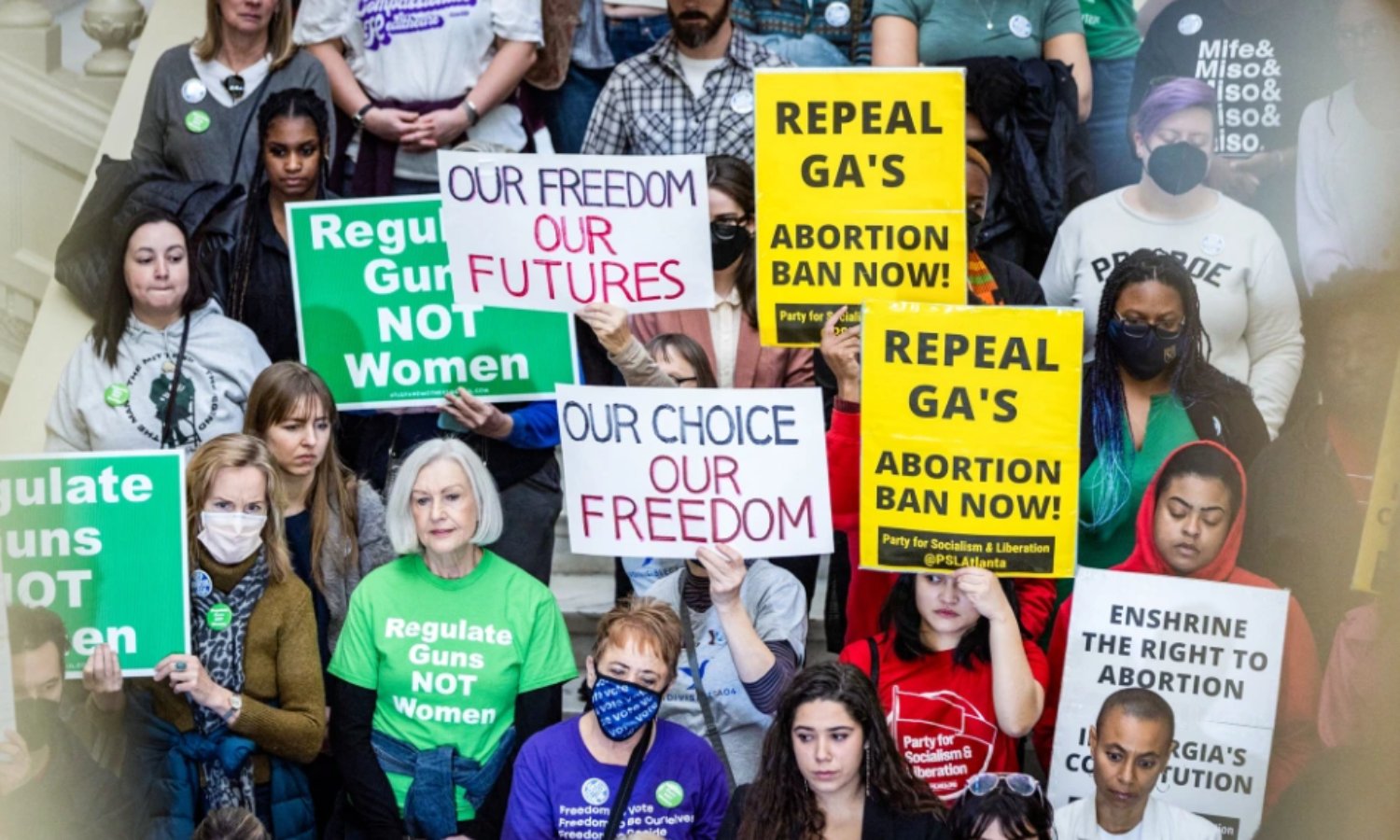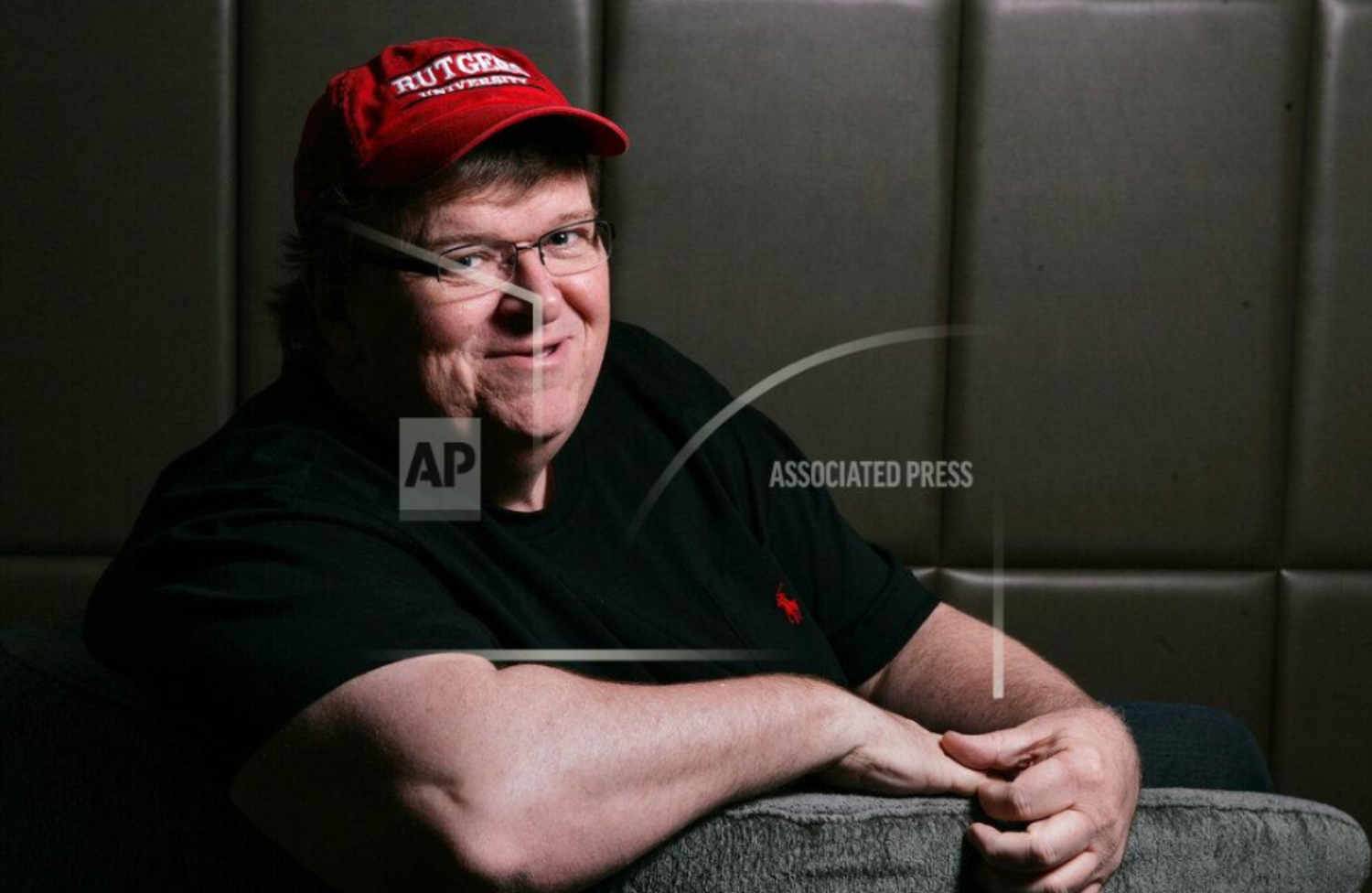-
Posts
10,778 -
Joined
-
Last visited
Content Type
Events
Forums
Downloads
Quizzes
Gallery
Blogs
Everything posted by Social Media
-
France and Italy have recently made headlines by expelling individuals linked to Islamic extremism, demonstrating a firm stance on national security. Italy deported Zulfiqar Khan, a Pakistani imam accused of supporting jihadist ideologies and the Hamas terror group. France, meanwhile, ordered the expulsion of Omar Binladin, the eldest son of Osama bin Laden, following concerns about his online comments. Zulfiqar Khan, who had been serving as an imam at a mosque in Bologna, Italy, was accused of promoting extremist views. The Italian Interior Ministry issued an order for his expulsion, which is now pending confirmation through a hearing. Deputy Prime Minister Matteo Salvini welcomed the move, saying, “We have finally sent him home.” Interior Minister Matteo Piantedosi stated that Khan showed “growing ideological fanaticism” and demonstrated a “propensity toward radical positions,” particularly anti-Western and antisemitic rhetoric. In addition, Khan reportedly made anti-gay and anti-feminist remarks. Maurizio Gasparri, a member of Forza Italia, part of the governing coalition, praised the decision, emphasizing that Italy must act to prevent terrorism. He stated, “For preachers of hatred and antisemitism, there is no place in our country.” At the same time, France has expelled Omar Binladin, Osama bin Laden’s eldest son. Although Omar had distanced himself from his father’s violent past, a social media post in 2023—on the anniversary of Osama bin Laden’s death—sparked outrage. In the post, Omar allegedly referred to his father as a “martyr” and “nation builder.” These comments alarmed French authorities, and Interior Minister Bruno Retailleau issued an entry ban on Omar Binladin, citing national security concerns. Despite Omar’s claims that he was not the author of the post, French authorities upheld the decision, and he has since moved to Qatar. Retailleau emphasized in a statement that the courts had confirmed the decision to expel Omar Binladin in the interest of national security, adding that Binladin is now banned from reentering France. Both Italy and France’s actions reflect their governments' efforts to counter extremism and protect national security, ensuring that individuals with radical beliefs are not given a platform to influence society. Based on a report from the EC 2024-10-11
-
Vice President Kamala Harris made headlines after her wide-ranging interview with Howard Stern on his SiriusXM show, where she candidly discussed topics from politics to personal preferences. Among the most striking moments of the interview were Harris’s remarks about former President Donald J. Trump’s actions during the COVID-19 pandemic, her frustration during their past debate, and her thoughts on the state of the nation. Watch Howard Stern: ‘I don’t understand how Americans support a guy who says he doesn’t support Ukraine.” Harris’s sharp criticism of Trump didn’t stop there. She also reflected on their debate, particularly Trump’s bizarre and false claim that Haitian immigrants in Ohio were eating their neighbors' pets. Harris described the experience as “surreal,” adding, “This was a very serious moment to earn the votes of the American people, and he was talking about things that were factually untrue and quite ridiculous.” The episode highlighted the sense of disbelief and frustration she felt as Trump continued to push falsehoods during what should have been a substantive political exchange. As the conversation continued, Stern, who is a vocal Harris supporter, encouraged his listeners to vote in the upcoming election, pointedly saying, “but not if they plan to vote for Trump.” He concluded the interview by praising Harris, telling her, "God bless you. You should be president." The interview shed light on Harris’s views on leadership, her critique of Trump’s handling of the pandemic, and her belief in the importance of upholding democratic values. Harris’s comments made it clear that she sees the upcoming election as a pivotal moment for the country’s future. Based on a report from NYT | Daily Beast | X 2024-10-10
-
An Afghan national who entered the United States under a Special Immigrant Visa has been charged with plotting an ISIS-inspired terror attack on Election Day. Nasir Ahmad Tawhedi, 27, had been living in Oklahoma City and allegedly began stockpiling AK-47 rifles and ammunition to carry out the attack, according to the Department of Justice. Tawhedi arrived in the US on September 9, 2021, shortly after the chaotic withdrawal of US troops from Afghanistan, which resulted in the Taliban regaining control of the country. Tawhedi was granted entry under the Harris-Biden administration’s humanitarian parole program, which allowed more than 70,000 Afghans temporary legal status in the US. Tawhedi, according to the complaint, was on parole pending the outcome of his immigration proceedings. The Justice Department revealed that in addition to gathering firearms, Tawhedi was preparing for the attack by liquidating family assets and making arrangements to resettle his relatives overseas. The FBI uncovered ISIS propaganda on his iCloud and Google accounts. One of the most alarming pieces of evidence was a video found on his phone, where he was recorded telling two children about “the rewards a martyr receives in the afterlife.” In the video, Tawhedi stated, “Martyrs will be exempted from the sufferings of the grave, placed in heaven, get married to 72 virgins, and receive a crown full of jewels.” Investigators also discovered disturbing images on his phone, including a man in a suicide vest, images of the September 11, 2001, terrorist attacks, and a portrait of ISIS leader Abu Bakr al-Baghdadi. Tawhedi had also been active in ISIS-aligned Telegram groups, where he communicated with individuals involved in recruiting and training for terrorist activity. He donated $540 in cryptocurrency to a Syria-based charity that is believed to funnel money to ISIS. Tawhedi allegedly planned to carry out the attack with a juvenile co-conspirator, who has also been arrested. The two exchanged messages on Telegram, including discussions about purchasing smuggled AK-47s and 500 rounds of ammunition. In one message to a known terror facilitator, Tawhedi wrote, “We found a person who deals with weapons. We bought two Kalashnikovs. Each one costs $1,200.00. We have ordered 500 bullets. What do you think, brother? Is it enough, or should we increase it?” FBI Director Christopher Wray emphasized the seriousness of the case, stating, “This defendant, motivated by ISIS, allegedly conspired to commit a violent attack, on Election Day, here on our homeland. I am proud of the men and women of the FBI who uncovered and stopped the plot before anyone was harmed.” Wray also reiterated that terrorism remains the FBI’s top priority and vowed to use all resources to protect the American public. Attorney General Merrick Garland also commented on the success of foiling the alleged plot, adding, “We will continue to combat the ongoing threat that ISIS and its supporters pose to America’s national security, and we will identify, investigate, and prosecute the individuals who seek to terrorize the American people.” Tawhedi has been charged with conspiring and attempting to provide material support to ISIS. If convicted, he faces up to 20 years in prison. Senator James Lankford of Oklahoma noted that the case is a reminder of the ongoing threats facing the nation and praised the FBI for their work. “With the escalating conflict in Israel and across the Middle East, we must remain vigilant against terrorism here at home,” Lankford said. Based on a report from NYP 2024-10-10
-
For decades, white women have been a crucial voting bloc for the Republican Party, helping to secure victories in many presidential elections. In 2016, Donald Trump won 47% of the white female vote, and by 2020, that figure rose to 53%. But as the 2024 election approaches, there's growing speculation that this reliable support might be weakening, particularly among younger white women who are moving left. With Kamala Harris as the Democratic nominee, some wonder whether this demographic will finally shift in favor of the Democrats, joining women of color who have long supported the party. Several factors may play a role in shaping the decisions of white female voters in 2024. One of the most significant is the overturning of *Roe v. Wade* in 2022, which transformed abortion rights into a major election issue. Harris, the first woman of color to be a major-party presidential candidate, brings additional momentum to the Democratic campaign, potentially energizing younger voters. Melissa Deckman, CEO of the Public Religion Research Institute, notes that "young women of color and young white women are pretty uniformly liberal and feminist," and that Harris’s nomination is likely to enhance their enthusiasm for voting. The generational divide among white women is becoming more pronounced. Younger white women, particularly from Generation Z, are increasingly secular, queer, and delaying marriage—factors linked to more liberal political beliefs. According to Gallup, liberal identification among white women has risen by 6% since 2011. Chloe Fowler, a 23-year-old Democrat from Nebraska, reflects this leftward shift, recalling how Trump’s 2016 win motivated her political engagement. Fowler, now a vice president of Nebraska Young Democrats, explains that events like the Women's March solidified her commitment to progressive values. However, the question remains whether this movement among younger white women is strong enough to significantly alter the overall voting trends. Historically, white women have shown loyalty to the Republican Party, and while younger generations may lean Democratic, older white women are likely to remain a GOP stronghold. Polls indicate a possible narrowing of the gap, but not a complete reversal. A September 2024 poll from 19th News/SurveyMonkey found white women narrowly favoring Harris over Trump, 42% to 40%, but the margin of error makes it clear the race remains close. Jane Junn, a political science professor, cautions against overstating the gender gap in this election, noting that it is more accurately described as a "race gap." While women overall may support Harris—54% of women polled plan to vote for her compared to 40% of men—white women are less likely to make a dramatic shift away from Republicans. Junn emphasizes that many white women voters continue to prioritize traditional Republican issues such as the economy and immigration, areas where Trump maintains a significant edge. Despite these complexities, Harris does have an advantage on issues like reproductive rights and democracy. Many moderate white women, who are pivotal in swing states like Pennsylvania, Wisconsin, and Michigan, are split on their support between Harris and Trump. Jackie Payne, executive director of Galvanize Action, highlights that while economy and democracy are top concerns, many women will refuse to vote for a candidate who opposes abortion rights. This is particularly relevant in key battleground states with abortion-related measures on the ballot. In states like Ohio, where white women have supported both abortion rights and Republican candidates, the 2024 election could see split-ticket voting, with women supporting abortion-related measures while also casting votes for GOP candidates. This nuanced behavior reflects the complexity of white women’s voting patterns, which may not neatly align with a party’s stance on a single issue. Ultimately, the 2024 election will likely hinge on turnout. The Democratic Party has long relied on women, particularly Black women, to secure victories. Debbie Walsh of Rutgers’ Center for American Women and Politics underscores the importance of mobilizing this base: "The Democratic Party counts on women. They count particularly on Black women to turn out. Will they be more energized?" As the election approaches, it remains to be seen whether younger white women will fully break from their older counterparts and reshape the political landscape—or if the GOP can maintain its hold on this crucial demographic. Based on a report from The Guardian 2024-10-10
-
One year after the horrific attacks by Hamas, Iran's leadership continues its unyielding war against Israel, a conflict deeply rooted in Tehran’s strategic aims. October 7, 2023, will forever be remembered as a day of infamy. Comparing it to Japan’s attack on Pearl Harbor in 1941, what Hamas did to innocent Israeli civilians stands out for its sheer barbarity, a terrorism-driven assault carried out with calculated malice. Astonishingly, even a year later, many in the West have yet to fully grasp the implications of this Iran-backed atrocity. October 7 marked the launch of Iran’s "Ring of Fire" strategy against Israel, which it sees as "the little Satan." In the immediate aftermath, Iran’s supporters in the Western media and think tanks downplayed Tehran’s involvement. They referenced U.S. intelligence reports suggesting that some Iranian leaders were unaware of Hamas' plans. They also pointed out the absence of clear, direct evidence linking Tehran to the command of the Hamas terrorists. But even if these claims were true, they don’t absolve Tehran of responsibility. It is unrealistic to expect that the Islamic Revolutionary Guard Corps (IRGC), which operates under the direct command of Iran’s Supreme Leader, Ayatollah Ali Khamenei, would share sensitive information with anyone outside their tight inner circle. The IRGC’s Quds Force doesn’t operate like Western bureaucracies, and even Iran’s own foreign ministry or high-ranking officials might have been kept in the dark about the attack. This theory gained more traction with Iran’s missile attack on Israel on October 1, 2024. Over 180 ballistic missiles were fired, a clear indicator that civilian officials were not involved in the decision-making process. As noted by journalist Thomas Friedman, citing Israeli sources, Iran’s president, Masoud Pezeshkian, wasn’t informed about the strike until just before it occurred. The fact that Iran’s president was left in the dark underscores the power and influence of the hardline military faction driving these events. The failure of Israeli and Western intelligence agencies to detect an Iran-to-Hamas order before the October 7 attacks was a significant oversight. But this isn’t surprising, given that no Western intelligence service foresaw the assault itself. The absence of an “execute order” is just part of a larger intelligence failure. This context is essential in understanding the broader failures of the Biden administration and European governments to address the real threat—Iran. This past year has not been a Palestinian war against Israel or an Arab war against Israel. It has been an Iranian war fought through proxies like Hamas, Hezbollah, and other militant groups, including Palestinian Islamic Jihad and Yemen’s Houthis. Looming behind these groups is Iran’s nuclear weapons program, which threatens not only Israel but also the oil-rich monarchies of the Arabian Peninsula. Arab states are acutely aware of the danger posed by Tehran, and many share Israel’s strategic assessment, which was the foundation of the Abraham Accords that normalized relations between Israel and several Arab nations. While the prospect of further diplomatic progress has been stalled by the current conflict, many believe Iran’s desire to derail broader recognition of Israel was a driving factor behind its decision to initiate the “Ring of Fire” strategy. One year into the conflict, Israel has made significant strides, nearly eliminating Hamas' top leadership and military capabilities, while Hezbollah faces a similar fate. However, other Iranian-backed forces, like the Houthis, remain largely unscathed, posing a continuing threat to regional security. The blame for failing to neutralize these forces falls on the U.S. and the U.K., whose inaction has allowed Iranian proxies in Iraq, Syria, and Yemen to remain active and dangerous. Israel’s primary focus remains Iran itself. Following an April missile-and-drone attack, Israel's response was limited, largely due to pressure from the Biden administration. Now, however, Israel faces the decision of whether to strike Iran’s nuclear program, its oil infrastructure, military facilities, or some combination of these targets. What Prime Minister Netanyahu and his government decide could have far-reaching consequences for the future of the region. Whatever Israel’s next move, one thing is clear: the only path to lasting peace in the Middle East is through regime change in Iran. The Islamic Revolution of 1979 has been the driving force behind much of the instability and violence in the region, and as long as Tehran’s mullahs remain in power, the threat of war will persist. It is time for the Iranian people to take control of their destiny and bring an end to the regime that has held them and the region hostage for far too long. Based on a report from Daily Telegraph 2024-10-10
-
Elon Musk, known for his bold statements and controversial opinions, has become one of the most vocal critics of illegal immigration. Interestingly, he once described his own past immigration status as a "gray area." Musk, standing near the US-Mexico border in a video from September 2023, was seen adjusting the brim of his black cowboy hat, just steps away from the boundary that has long fueled heated debate in American politics. Kimbal once revealed, "We were illegal immigrants," referring to the time they were starting their first company in the U.S. Elon, who was born in South Africa, moved to Canada before his 18th birthday and then to the United States in 1992 to attend the University of Pennsylvania. From there, he went on to found several high-profile startups, including Tesla and SpaceX, becoming the world's wealthiest individual with a net worth nearing $270 billion. In a 2013 interview, the Musk brothers recalled the early days of their startup, when they lived in their office and showered at the YMCA to save on rent. It was during this conversation that Kimbal dropped the bombshell, noting that investors were surprised to discover that the two brothers were, at that time, "illegal immigrants." Elon laughed and interjected, "I'd say it was a gray area." This vague explanation has left many questioning Musk's legal status during the formative years of his career. While the details of their visas remain unclear, Kimbal’s candid remark implies that there was indeed a period of legal uncertainty. "Yes, we were," Kimbal insisted, countering his brother’s softer characterization. Musk's immigration status at the time of founding his first company, Zip2, remains murky. Biographies like those by Walter Isaacson and Ashlee Vance mention that investors later helped the brothers secure visas, though specifics about those visas and the path Elon took to eventually become a U.S. citizen are unclear. According to Isaacson, Musk gained citizenship in 2002, a decade after arriving in the country. In response to the "gray area" remark, legal experts are less ambiguous. Charles Kuck, an immigration attorney, commented, "Actually, there are no gray areas in immigration. There are people who get caught for violations, and people who don’t." Jennifer Minear, another attorney specializing in employment immigration, echoed that sentiment, suggesting there might have been a period when Musk lacked proper legal status. "It sounds like there was a little bit of wonkiness in his past with immigration," she noted. Musk himself has described the process of becoming a U.S. citizen as "a laborious Kafkaesque nightmare," noting that it took him over a decade to navigate the system. His reflections on the immigration process align with his broader views: advocating for more accessible legal pathways, while staunchly opposing illegal entry. As one of the world’s most influential voices, Musk’s opinions on immigration—shaped by both personal experience and political ideology—continue to stir debate. While his past remains clouded in some uncertainty, his present stance is clear: a call for a balanced, lawful approach to immigration. Based on a report from CNN 2024-10-10
-
In a recent radio interview, former President Donald J. Trump suggested that he had previously visited Gaza, a claim that has raised eyebrows given that no records support such a visit. The comment was made during a conversation with conservative radio host Hugh Hewitt on the anniversary of the October 7 attacks orchestrated by Hamas, the militant group that controls Gaza. When Trump was asked to clarify his statement, an aide to the former president, speaking anonymously, pointed to Trump’s trip to Israel, although Gaza is not part of Israel. This comment led to further confusion as there is no verifiable account of Trump ever visiting Gaza, either during his time as president or as a businessman. His only recorded trips to the region include a 2017 visit to Israel and the West Bank. During that visit, Trump met with Mahmoud Abbas, the president of the Palestinian Authority, in Bethlehem, a city located approximately 20 miles from Gaza. Trump’s remark about having been to Gaza sparked questions about the accuracy of his statement. A campaign official, when asked for clarification, responded by claiming that “Gaza is in Israel” and that Trump had been to Israel, though Gaza is geographically distinct from Israel. The comment has fueled speculation about how Trump would handle relations in the region if he were to secure another term as president. Some hard-line factions within Israeli politics have expressed interest in reoccupying and annexing Gaza, an idea that Trump’s comments may unintentionally bolster. Throughout his presidency and beyond, Trump has made his support for Israel a focal point of his foreign policy platform. His administration’s decision to move the U.S. embassy to Jerusalem and the signing of the Abraham Accords, which normalized relations between Israel and certain Arab nations, were significant milestones that his supporters often highlight. Trump also emphasized his frustration with American Jewish voters, stating, “I did more for Israel than anybody. I did more for the Jewish people than anybody. And it’s not reciprocal, as they say, not reciprocal.” Trump's claim regarding Gaza, coupled with his strong pro-Israel stance, leaves lingering questions about his understanding of the region’s geography and the complexities of its political landscape. Whether intentional or a slip of memory, his remarks may influence future discussions on U.S.-Middle East policy. Based on a report from NYT 2024-10-10
-
Kamala Harris' chances of winning the November election have taken a sharp downturn, according to an online betting platform, Polymarket. The platform, which is partially funded by Peter Thiel, a longtime supporter of Donald Trump, initially gave the vice president a 49.8 percent chance of victory on October 4, compared to Trump's 49.6 percent. However, just three days later, by October 7, Harris’ odds had dropped to 45.8 percent, while Trump's had jumped to 54 percent. As of Tuesday, the platform showed Harris holding at 46.1 percent, while Trump stood at 53.3 percent. This shift marks Trump’s best odds against Harris since President Joe Biden withdrew from the race and endorsed Harris on July 21. A week before, Trump had reached a high point in the prediction market, with a 67 percent chance of beating Biden. Interestingly, on October 4, both Harris and Trump were equally positioned on Polymarket. Yet, a wave of new bets in Trump's favor caused the sudden surge. Polymarket’s odds are determined by the "collective wisdom" of bettors, rather than by external indicators such as polls or expert predictions. Newsweek contacted the campaigns for both Trump and Harris via email but had not received responses at the time of writing. Nate Silver, a well-known pollster and advisor for Polymarket, provided some insight into the recent shift in the odds. According to Silver, the surge in bets for Trump may be linked to a combination of market boredom and speculative trading. "A couple of people have asked me what's behind this, and my theory is that there isn't much," Silver commented in his newsletter on Monday. "Sometimes market sentiment has a mind of its own, and that can especially happen when traders are bored and angsty because they're in the doldrums." Silver also noted that while there has been a history of bettors trying to sway public opinion through their trades, such tactics have become increasingly difficult. "It's too costly to keep bets artificially high for long periods," Silver explained. He added that the majority of recent bets likely stem from either genuine Trump supporters or traders hoping to capitalize on market movements. Despite the changes in the betting markets, most polling data shows Harris leading Trump. FiveThirtyEight's poll tracker places Harris 2.6 points ahead, and Silver's own tracker puts her 3 points ahead of Trump. Still, Silver cautioned that while Harris appears to have an edge in the popular vote, the Electoral College remains highly uncertain. According to some forecasts, including Polymarket's, Harris is not currently projected to secure the necessary Electoral College votes for a definitive win. Other prediction platforms indicate a similarly tight race between Harris and Trump. Some betting markets show the two candidates nearly neck-and-neck in their chances of taking the White House in November. Meanwhile, FiveThirtyEight's model currently predicts that Harris will win both the popular vote and the Electoral College, with 279 electoral votes to Trump's 259. The Economist's forecast gives Harris 273 electoral votes to Trump's 265, while Silver's own projections show Harris with 281 electoral votes, compared to Trump’s 256. As the election draws nearer, these numbers may continue to fluctuate based on both market sentiment and real-world developments. Based on a report from Newsweek 2024-10-10
-
In his new book *War*, author Bob Woodward sheds light on the behind-the-scenes interactions between global leaders during some of the most pivotal moments of the Russia-Ukraine conflict. Based on interviews with firsthand participants, the book reveals startling new details about high-stakes showdowns involving President Joe Biden, former President Donald Trump, Vice President Kamala Harris, and Russian President Vladimir Putin. One of the most alarming revelations is the belief, at one point, within Biden’s national security team that there was a 50% chance Putin would use nuclear weapons in Ukraine. Woodward describes Biden’s frustrations with former President Barack Obama’s handling of the 2014 Crimea invasion, quoting Biden as saying, “Barack never took Putin seriously.” These reflections highlight Biden’s concerns about how seriously the Russian leader should be taken. The book also reveals that former President Trump may have held as many as seven conversations with Putin since leaving office, according to a Trump aide. As tensions escalated in late 2021, US intelligence provided Biden with clear indications of Putin’s intentions. “It was an astonishing intelligence coup,” Woodward writes, citing sources inside the Kremlin that delivered conclusive information about the planned invasion of Ukraine. “It was as if they had secretly entered the enemy commander’s tent,” Woodward notes, describing the depth of intelligence that showed Putin’s plans for a 175,000-troop invasion. Even though Biden’s advisers agreed the intelligence was credible, it was difficult for them to fully grasp Putin’s intentions. “This would be so crazy,” Biden remarked, before confronting Putin in a heated 50-minute call in December 2021, during which Putin raised the risk of nuclear war. Biden, however, reminded Putin that “it’s impossible to win” a nuclear war. One of the most dramatic moments in *War* unfolds as the threat of nuclear conflict intensified. By September 2022, intelligence reports painted a deeply unsettling picture of Putin’s desperation. The White House assessed that there was a 50% chance Russia would deploy tactical nuclear weapons—a stark increase from earlier predictions. Biden’s response was decisive. “On all channels, get on the line with the Russians,” he instructed national security adviser Jake Sullivan. Biden made it clear that the US would respond forcefully if nuclear weapons were used. A critical exchange between Defense Secretary Lloyd Austin and his Russian counterpart Sergei Shoigu in October 2022 highlights the intensity of the situation. According to Woodward, Austin warned Shoigu, “If you did this, all the restraints that we have been operating under in Ukraine would be reconsidered.” Shoigu, not taking kindly to the warning, replied, “I don’t take kindly to being threatened.” Austin’s firm response was a reminder of the US’s unmatched military power: “I am the leader of the most powerful military in the history of the world. I don’t make threats.” Days later, the Russians requested another call, claiming falsely that Ukraine planned to use a “dirty bomb.” Austin firmly dismissed the claim, telling Shoigu, “We don’t believe you… Don’t do it.” This exchange was seen as one of the most hair-raising moments of the conflict. Colin Kahl, a senior Pentagon official, later described the episode as “probably the most hair-raising moment of the whole war.” Through these intense and candid exchanges, Woodward's *War* provides an inside look at the pressure and gravity of decisions faced by global leaders as they navigated the possibility of a catastrophic nuclear conflict. Based on a report from CNN 2024-10-10
-
North Korean leader Kim Jong Un has sent a birthday message to Russian President Vladimir Putin, calling him his "closest comrade" and signaling deeper ties between their two nations. In his message celebrating Putin’s 72nd birthday, Kim expressed confidence that relations between Pyongyang and Moscow would reach new heights, a development that has alarmed Western nations. The longstanding relationship between North Korea and Russia dates back to the early days of North Korea’s existence. The Soviet Union, under Joseph Stalin, supported Kim Il-sung, the grandfather of the current leader, with weapons and technology. North Korea, historically wary of becoming too dependent on China, has sought to maintain strong ties with Moscow. Earlier this year, both countries reaffirmed their commitment to one another by signing an agreement pledging mutual support in the event of "aggression" against either nation, though the specifics of what would constitute aggression remain unclear. Kim has been accused of assisting Russia in its war against Ukraine by providing munitions in exchange for economic and technological support. There is growing evidence to suggest that Russia has deployed North Korean missiles in Ukraine, further solidifying concerns about the deepening cooperation between the two nations. Analysts believe that for Putin, the relationship with North Korea is more tactical than strategic. Russia, in need of support for its ongoing war effort in Ukraine, appears willing to purchase whatever munitions North Korea is willing to sell. According to Jeffrey Lewis, director at the James Martin Center for Nonproliferation Studies, both Kim and Putin are "trying to reduce the pain of international sanctions by creating an alternate network of friends and partners beyond the reach of US sanctions." While Russia benefits from North Korean weaponry, North Korea is looking to gain access to Russian military technology, which remains far more advanced than Pyongyang's own. Despite North Korea’s progress in developing new missile systems and miniaturizing nuclear devices over the past decade, Russian technology could significantly boost its capabilities. Russia’s more sophisticated thermonuclear warhead designs, re-entry vehicle technology, and solid rocket motor systems are seen as valuable assets for North Korea’s ongoing efforts to perfect its nuclear and missile arsenal. In September 2023, Kim visited Russia, where Putin promised to assist North Korea in developing its satellite program following several failed launches by Pyongyang. This technological cooperation further underscores the growing ties between the two countries. Separately, South Korean lawmaker Rep. Kang Dae-sik, citing South Korea’s intelligence agency, revealed that there are apparent signs North Korea has begun constructing a possible nuclear-powered submarine. While the construction is reportedly in its early stages, further confirmation is needed to determine whether the submarine is nuclear-powered. As North Korea accelerates its drive to become a military superpower with nuclear capabilities, the closer relationship with Russia presents new challenges for global security. Both nations, increasingly isolated from the West, appear intent on bolstering each other’s military and technological capabilities, raising concerns about the impact of their alliance on international stability. Based on a report from BBC 2024-10-10
-
Russia's intelligence services are actively working to create "sustained mayhem on British and European streets," according to the head of MI5, Ken McCallum. In a recent security update, McCallum disclosed that Russian GRU agents have engaged in "arson, sabotage, and more dangerous actions" across Britain, as the UK continues its support for Ukraine in the ongoing war with Russia. Since 2017, MI5 has foiled 43 late-stage plots involving firearms and explosives aimed at committing "mass murder" in the UK. Alongside these terror threats, the number of state-backed investigations has increased by 48%. "The first 20 years of my career here were crammed full of terrorist threats," McCallum reflected, adding that MI5 now faces these alongside "state-backed assassination and sabotage plots, against the backdrop of a major European land war." Britain's prominent role in supporting Ukraine has heightened its visibility in Russia's eyes, McCallum warned. "We loom large in the fevered imagination of Putin's regime," he said, adding that further acts of aggression on UK soil should be expected. More than 750 Russian diplomats, many suspected of espionage, have been expelled from Europe since Russia's invasion of Ukraine, significantly affecting Russian intelligence operations. In response, Russian state actors have turned to proxies such as private intelligence contractors and criminal organizations to carry out their missions, but this has reduced the professionalism of their efforts, making them easier to disrupt. The MI5 director also discussed the ongoing threat from Iran, highlighting the sharp increase in Iran-backed plots in the UK since the death of Mahsa Amini in 2022. These plots present "potentially lethal threats to British citizens and UK residents," he said, with the number of Iranian-directed actions doubling in recent months. Despite the risk of exposure, Iran shows no signs of scaling back its aggressive stance. Touching upon China, McCallum pointed to the significant economic relationship between the UK and China, which he said underpins security. However, he noted the Chinese Communist Party's increasing efforts to steal data, with MI5 observing 20,000 hidden approaches to individuals by Chinese operatives. The growing number of young people attracted to online extremism is a growing concern for MI5, particularly in the case of right-wing terrorism. McCallum highlighted the "canny understanding of online culture" displayed by these movements, explaining that many of the threats involve “lone individuals indoctrinated online." He warned, "In dark corners of the internet, talk is cheap. Sorting the real plotters from armchair extremists is an exacting task." Sir Keir Starmer, responding to McCallum’s address, acknowledged the "sober findings" but reassured the public, stating that the UK's security services are "world class" and will do everything necessary to keep the country safe. Based on a report from BBC 2024-10-10
-

Macron Warns EU Could Face Collapse Without Urgent Reforms
Social Media replied to Social Media's topic in World News
Post making unsubstaniated claims removed @BruceWayne -
In a shocking and disturbing incident in Barcelona, a one-year-old girl was slapped by a man in a fit of rage while screaming at her tourist family. The horrifying scene, captured on video, shows the man initially pretending to strike the toddler, only to follow through with a slap across her left cheek. The incident took place on Montjuïc hill, a popular spot for tourists visiting the city’s attractions, including the renowned Basilica de la Sagrada Familia. Watch: "Outrage in Spain after migrant slaps baby in a park in Barcelona. The baby’s parents quickly left the scene, hoping the attacker wouldn’t follow the family." One of the main drivers of these protests is the city’s escalating housing costs. Barcelona’s rent prices have surged by 68 percent over the past decade, with a notable 18 percent increase just last June. Many locals blame this trend on the high number of short-term rentals and tourist-driven changes to the economy. In response, Barcelona’s mayor, Jaume Collboni, introduced a plan in June to phase out all short-term rental accommodations by 2028. This drastic measure aims to address the soaring housing costs and make the city more livable for its 1.6 million residents. Anti-tourism graffiti and public sentiments against visitors have been visible for years, but this latest surge in activism reflects the urgency of the issue as residents call for a balance between tourism and local needs. While the assault on the toddler was an isolated act of violence, it has drawn attention to the broader tensions simmering beneath the surface in tourist-heavy areas of Spain. The court proceedings against the attacker are set to unfold against the backdrop of ongoing debates over the role of tourism in the country’s major cities. Based on a report from Daily Mail 2024-10-09
-
Elon Musk, sparked controversy on Monday by suggesting that he could face prison time if Vice President Kamala Harris defeats former President Donald Trump in the upcoming presidential election. In a candid interview with Tucker Carlson, broadcast on X, Musk did not hold back his fears and frustrations. “If he loses, I’m f—ed,” Musk said, referring to the Republican nominee. Watch: “I have no plausible deniability,” Musk admitted during the interview, addressing his unreserved support for Trump. He made it clear that he had been relentless in his criticisms, saying, “I’ve been trashing Kamala nonstop.” However, he later clarified that his anger was not so much directed at Harris herself but at the political system she represents. “The machine that the Kamala puppet represents,” Musk said, positioning his attacks within a broader context of dissatisfaction with the Democratic establishment. When asked by Carlson about how his life has changed since he became more actively involved in presidential politics, Musk’s initial response was lighthearted: “It’s pretty fun.” But as the conversation turned more serious, the South African-born entrepreneur explained why he had decided to go "all in" for Trump. Musk shared his belief that if Trump does not win this election, it could mark the end of meaningful elections in the United States. "My view is that if Trump doesn’t win this election, it’s the last election we are going to have,” Musk warned, expressing concerns that the Harris-Biden administration's immigration policies could permanently alter the political landscape. He fears that millions of migrants who have entered the country during this administration could eventually be granted citizenship, which would significantly affect future elections. Musk argued that this influx of new citizens could turn crucial swing states solidly Democratic, leading to what he fears would be "single-party rule." To support his point, Musk referenced the 1986 Immigration Reform and Control Act, which granted amnesty to millions of undocumented migrants. “Thereafter, California turned very strongly Dem,” Musk said, noting that the state, once a Republican stronghold, has consistently voted for Democratic candidates since the 1990s. “You just need enough [new citizens] for there to not be swing states,” Musk continued, predicting a future where the Democratic Party has an unshakable hold on power. “I think we want to remain a democracy and we don’t want to become a one-party state,” he said, arguing that those who view Trump as a threat to democracy are, in his opinion, actually contributing to that very threat. "One-party rule is not democracy," Musk concluded, warning of the dangers of a political system where one party holds overwhelming power. As the election draws closer, Musk’s comments highlight his deep anxieties about the future political direction of the country and his belief that the outcome of this election could have lasting consequences for American democracy. Based on a report from CNN | NYP | Sky News 2024-10-09
-
A growing number of high-profile celebrities are discreetly paying off victims to avoid being publicly named in lawsuits connected to Sean “Diddy” Combs' sexual assault case, according to attorney Tony Buzbee. Buzbee, who is representing over 120 individuals alleging abuse by Combs, recently revealed that his legal firm is giving some celebrities the opportunity to settle before their involvement becomes part of a public lawsuit. In an interview with TMZ, Buzbee noted that several celebrities have opted to settle to keep their names out of the media. “In every single case, especially cases like this… because it’s in the best interests of the victim, we attempt to resolve these matters without the filing of a public lawsuit, and we’ve done that already with a handful of individuals, many of which you’ve heard of before,” Buzbee said, as reported by the *Daily Mail*. Combs, the 54-year-old founder of Bad Boy Records, was arrested last month in connection with a criminal sex-trafficking case. He has pleaded not guilty to the charges. Buzbee, however, has made it clear that this is only the beginning, with multiple lawsuits—some on behalf of 25 minors—set to be filed in the near future. Before the lawsuits hit the court system, Buzbee has sent demand letters to other individuals who may also be facing legal action. Buzbee emphasized that his legal team will be pursuing not only Combs but also anyone who witnessed or was involved in the alleged abuses. “If you were there in the room, participated, watched it happen, and didn’t say anything or helped cover it up, in my view, you have a problem,” he said. According to Buzbee, many well-known figures have already settled their cases. The attorney also hinted that the revelation of big names involved in the scandal may not happen immediately, despite widespread speculation. “Everyone is focused on what other celebrities were involved, who is going to be named, who is going to be outed. I don’t expect that to happen this week,” Buzbee commented. “We want to make sure if we name individuals beyond Mr. Combs that we have done our homework because it is going to create a firestorm, and we understand that.” Since his arrest on September 16, Combs has been in custody. The federal charges accuse him of forcing women into drug-fueled “freak off” sex parties involving male prostitutes, which allegedly spanned over a decade. According to prosecutors, Combs often used violence or threats of violence to compel the victims to comply. In the aftermath of his arrest, more victims have come forward, sharing their stories and filing legal claims. However, Combs and his legal team maintain that the alleged activities, including the “freak offs,” were between consenting adults. They have also strongly denied any involvement with minors or instances of abuse. Despite the defense’s claims, the case continues to attract attention as the prospect of more celebrities being implicated looms large. Based on a report from NYP News 2024-10-09
-
Former White House chief medical adviser Anthony Fauci recently shared a deeply personal account of his battle with West Nile virus, expressing his fear that he might never fully "return to normal." Fauci, who became a household name during the COVID-19 pandemic and served as the director of the National Institute of Allergy and Infectious Diseases for almost 40 years, opened up about the terrifying experience in an op-ed published by *The New York Times*. "After I spent more than 50 years chasing and fighting viruses, one fought back and nearly took me down," Fauci wrote, reflecting on how the virus unexpectedly altered his life. At 83 years old, Fauci suspects he contracted the virus near his home in Washington, D.C. in mid-August, when he began feeling unusually weak and exhausted. Initially, he thought his fatigue might be related to lingering symptoms of COVID-19, which he had contracted just weeks earlier in July. By August 16, Fauci’s condition had worsened significantly. He was admitted to the hospital, suffering from delirium, incoherence, and a high fever of 103 degrees. Once hospitalized, he was treated for sepsis while doctors worked to identify the underlying cause. Eventually, blood tests confirmed that he had contracted the West Nile virus. “There is no treatment for West Nile virus disease, and I was left to deal with its toll on my body. It was terrifying,” Fauci admitted, describing how the illness severely weakened both his physical and mental state. The virus had such an impact on him that he feared for his cognitive abilities. “A very scary part of the ordeal was the effect on my cognition. I was disoriented, unable to remember certain words, asking questions of my family that I should have known answers to,” he wrote. "I was afraid that I would never recover and return to normal." The Centers for Disease Control and Prevention (CDC) describes West Nile virus as being spread primarily through mosquito bites. Symptoms can include fever, body aches, rashes, and digestive issues like diarrhea. In severe cases, the virus can lead to long-term neurological damage or even death. Currently, there are no vaccines or targeted treatments available for West Nile virus, and every year, around 1,000 people in the United States are hospitalized with serious cases of the disease. While Fauci’s spokesperson confirmed in August that he had been hospitalized and was recovering, Fauci himself admitted that, during the worst moments, he was deeply concerned about whether he would fully regain his strength and cognitive function. However, by early October, Fauci reported significant progress in his recovery. He shared that he was walking several miles a day and that his cognitive issues had resolved. Despite his improvements, he acknowledged that the experience had been "harrowing." "I tell my story because West Nile virus is a disease that, for many people, can have devastating and permanent consequences," Fauci emphasized. He also warned that the virus can lead to permanent neurological damage and that, despite its prevalence—having been identified in 46 states across the U.S. this year—there remains a lack of public and scientific awareness about it. “Considerably more resources must be put into addressing this threat now, not when the threat becomes an even greater crisis,” he urged, calling for a stronger societal response to the dangers posed by the virus. “As a society, we cannot accept this as the status quo.” Fauci retired in 2022 after a distinguished career but has continued to remain active in public discourse. In June, he released a book reflecting on his decades-long journey in medicine, and earlier this year, he testified before House Republicans about the U.S. government’s handling of the COVID-19 pandemic. His testimony marked his first appearance before Congress in nearly two years and sparked renewed interest in his career and his role during the pandemic. For Fauci, the ordeal with West Nile virus served as a sobering reminder that even the most seasoned virus fighters are not immune to the dangers of infectious diseases. His story underscores the need for increased research and public awareness of emerging health threats like West Nile virus, which, while not as widely discussed as other diseases, still poses a significant risk to many Americans. Based on a report from The Hill 2024-10-09
-
The Georgia Supreme Court has reinstated the state’s six-week abortion ban, reversing a recent lower court decision that had temporarily allowed wider access to the procedure. This ruling, which went into effect at 5 p.m. on Monday, once again makes most abortions in Georgia illegal after six weeks of pregnancy. The state’s abortion law, known as the LIFE Act, was signed by Republican Governor Brian Kemp in 2019 but only took effect in July 2022 after facing legal challenges. The law bans abortions once a fetal heartbeat is detected, which can be as early as six weeks into pregnancy, a time before many women are even aware they are pregnant. Exceptions to the ban exist, allowing for abortion in cases that protect the woman’s life and health or when fetal anomalies are detected. The Georgia Supreme Court’s decision came as it reviews the state’s appeal of a lower court ruling that had struck down the six-week ban. Last week, Fulton County Superior Court Judge Robert McBurney had ruled against the ban, effectively legalizing abortion in Georgia up to 22 weeks of pregnancy. In his ruling, McBurney emphasized the importance of a woman’s right to control her own body. “Liberty in Georgia includes in its meaning, in its protections, and in its bundle of rights the power of a woman to control her own body, to decide what happens to it and in it, and to reject state interference with her healthcare choices,” he wrote. He added, however, that the right to abortion is not unlimited and can be restricted when a fetus reaches viability. While reinstating the six-week ban, the Georgia Supreme Court left in place a separate part of the lower court’s ruling, which had blocked a provision giving state prosecutors broad access to the medical records of abortion patients without due process protections. The court’s decision has heightened uncertainty over abortion access in Georgia, a key battleground state where the issue remains at the forefront of political discourse. Vice President Kamala Harris has drawn attention to the devastating consequences of the state’s abortion restrictions, highlighting the cases of Amber Nicole Thurman and Candi Miller, two Black women who died in 2022 after complications from taking abortion pills. ProPublica reported that both women’s deaths were preventable. Miller, who had multiple health issues, was reportedly too afraid to seek medical care due to the abortion law, while Thurman remained in the hospital for 20 hours before doctors decided they could legally operate on her. Reproductive rights advocates have criticized the reinstatement of the ban, calling it a dangerous setback for women’s healthcare in Georgia. “It is cruel that our patients’ ability to access the reproductive health care they need has been taken away yet again," said Kwajelyn Jackson, Executive Director of the Feminist Women’s Health Center. She added, "This ban has wreaked havoc on Georgians’ lives, and our patients deserve better." Jaylen Black, spokesperson for Planned Parenthood Southeast, described the ruling as "an egregious example of how far anti-abortion lawmakers and judges will go to strip Georgians of their fundamental rights," pointing to the tragic, preventable deaths of Thurman and Miller. As the legal battle over abortion continues in Georgia, the court's ruling raises serious questions about the future of reproductive rights in the state, leaving many women and healthcare providers in a state of uncertainty. Based on a report from NBC News 2024-10-09
-
Documentary filmmaker Michael Moore, who famously predicted Donald Trump's surprise victory in the 2016 U.S. presidential election, now claims that Trump’s chances of a comeback in 2024 are bleak. Moore asserts that the majority of Americans are ready for a change, suggesting Trump’s political career may be nearing its end. In a recent Substack essay, Moore wrote, “The vast majority of the country, the normal people, have seen enough and want the clown car to disappear into the MAGA vortex somewhere between reality and Orlando.” Moore, who is known for his politically charged documentaries like *Fahrenheit 9/11* and *Fahrenheit 11/9*, expressed confidence that Vice President Kamala Harris would secure a narrow victory in the upcoming election. Moore believes that Harris is poised to win the Electoral College by a narrow margin of 270 to 268, capturing key battleground states such as Wisconsin, Michigan, Pennsylvania, and New Hampshire. “The swift and explosive momentum for Kamala Harris is unlike anything that’s been seen in decades,” Moore stated in his essay, suggesting that her appeal is growing as the campaign season heats up. His projection, he explained, is based on “an aggregate of top polls” and his own observations from interacting with everyday Americans. He referred to moments of shared experience, saying his conclusions come from “simply being around my fellow Americans who are shopping at Costco, having fun making TikToks and eating once a week at Chili’s.” However, Moore tempered his optimism by acknowledging that Trump has defied expectations before. “We do know that Trump has a stellar streak of pulling off the impossible — and those who have written him off have more than once lived to see the day where they must eat humble pie,” Moore cautioned. “It is never wise to do a victory dance on the two-yard line when Trump is your opponent.” Polls indicate a tight race, with Harris holding a slim lead over Trump. According to *The Independent’s* poll tracker, Harris is ahead by around three percent. However, many political experts remain cautious about making definitive Electoral College predictions due to the unpredictability of swing states. While Harris maintains an advantage in many battleground states, Trump continues to perform well on key issues like the economy and immigration, which could sway voters. Moore believes that one crucial factor for a Harris victory will be mobilizing nonvoters. He stressed the importance of getting those who sat out the last presidential election to participate this time. “The nonvoters are the second largest political ‘party’ in the U.S.!” Moore noted on his blog. “All we need is just a few thousand of them to show up — just this once — to make a difference.” While Moore sees Trump’s path to victory as dwindling, he remains cautious, knowing how unpredictable elections can be. In his view, Harris has the upper hand, but the final outcome will depend on voter turnout and how both campaigns address key issues in the coming months. Based on a report from The Independent 2024-10-09





